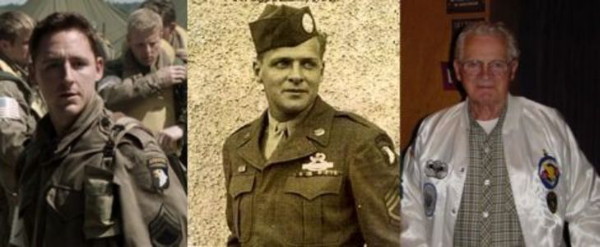If giving feels this good, why don’t I do it more often? That is the question I wondered last week when I got my act together enough to send a care package to a soldier in Iraq. The soldier is a close family friend, a Green Beret who was sent to Iraq in mid-July. It put a smile on my face to think about his reaction to the surprise box full of treats, reading material, Starbucks coffee, and other comfort items included in our care package.
Our friend has a large family and many friends supporting him, but other soldiers are not so lucky. While doing some research online about what to send and what not to send to soldiers in Iraq, I came across an inspiring website called www.anysoldier.com. An Iraqi war veteran started the project after recognizing that many of his comrades received little or no mail or support of any kind from people at home. So he responded by creating a program that allows people to send letters, cards and care packages to “Any Solider.”
The program works thanks to the volunteer efforts of many people. Current American soldiers serving in Iraq and other locations have volunteered to distribute items to people in their units who receive little or no communication from home. Their contact information, as well as descriptions of what and what not to send, are provided on the website. You can choose the military branch and the location you support.
Whether participating in the “Any Soldier” project or sending something to a soldier you already know, it is best to look into what is appropriate and not appropriate to send. Many websites, including www.armywives.com, provide this information, not to mention fun and creative ideas that will boost the spirits of the troops.
Erika Weisensee
Erika lives in Milwaukie and teaches writing at the University of Portland.



